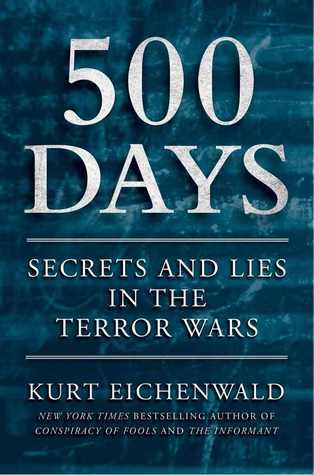What do you think?
Rate this book


640 pages, Hardcover
First published January 1, 2012
A burst of current flowed through electrical wires in a nanosecond, simultaneously reaching multiple detonators. The impulse vaporized thin wire filaments inside the blasting caps, setting off an explosive charge. Each solid molecule of TNT was converted into fifteen molecules of hot gas and powdered carbon. The blast expanded at a velocity of more than twenty-nine thousand feet per second, creating a percussive wave that could tear apart everything in a sixty-foot radius…